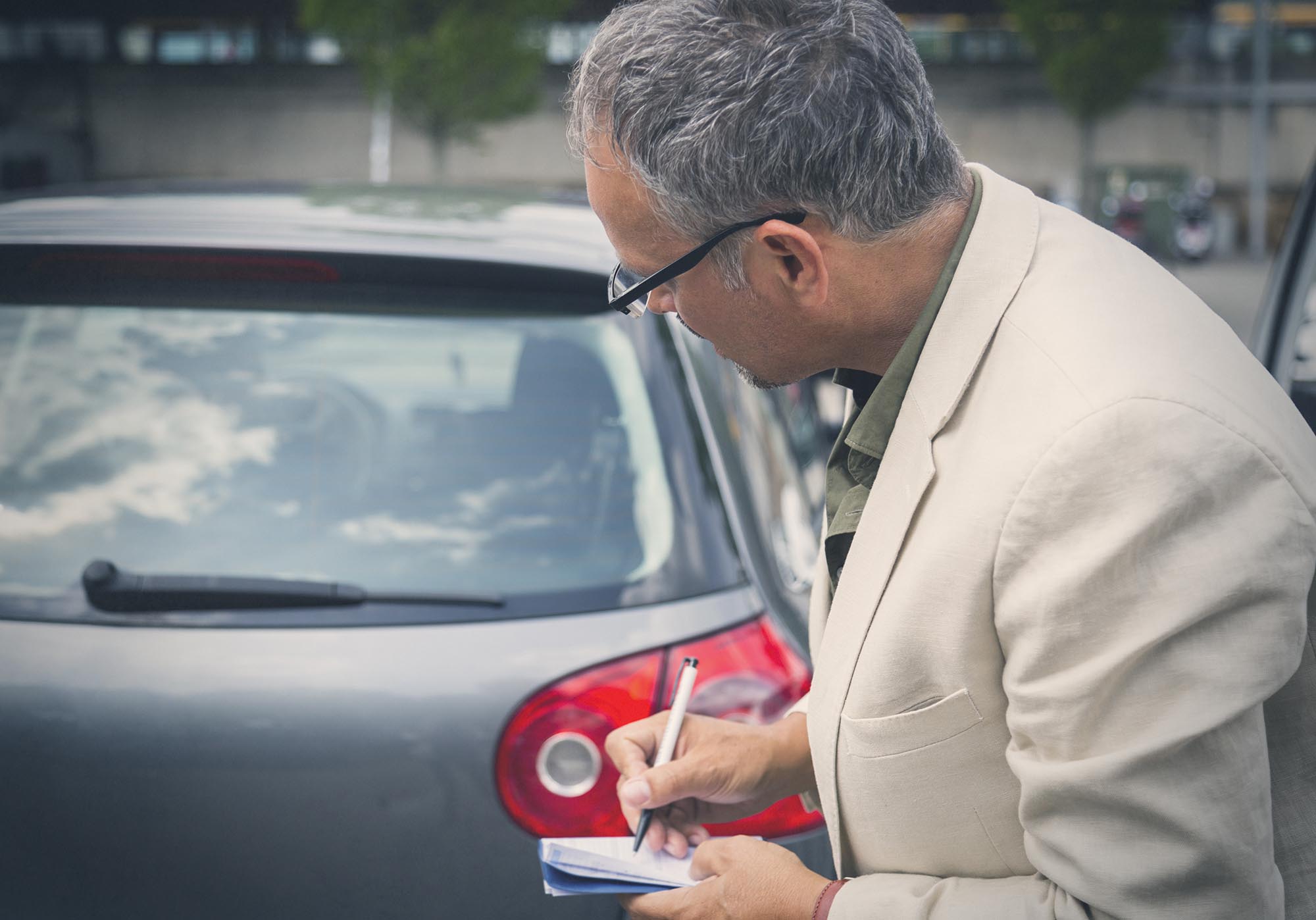
Have you recently moved to Alberta, or are you simply looking to register a new vehicle? Whether you’re a new resident, a temporary visitor, or need to renew your vehicle registration in Alberta, this article covers everything you need to know. From eligibility requirements to the registration process and even how to register a vehicle on behalf of someone else, we’ve got you covered. Read on to understand the steps involved, the documentation required, and special conditions for commercial and out-of-province vehicles. Let’s get your vehicle legally on the road in Alberta!
- Eligibility
- Vehicle Registration in Alberta Process
- Commercial Vehicle Registration
- Registering Vehicles Purchased Outside Alberta
- FAQs
Eligibility for Registration
- Individuals 18 or Older: Can register a vehicle on their own.
- Individuals Under 18: Must have parental or guardian consent unless they are self-supporting or married. The consent must be signed at the registry agent office.
Temporary Residents
- Those staying in Alberta for less than 183 days with a vehicle registered in another jurisdiction do not need to register their vehicle in Alberta.
- New residents must transfer their registration to Alberta within 90 days of moving.
Alberta Vehicle Registration Process
To register a vehicle, visit a registry agent with:
- Proof of ownership (lease, bill of sale, probated will, letters of administration)
- Proof of valid insurance in the name of the registrant
- Acceptable identification
- Out-of-province, salvage, or commercial inspection (if applicable)
- An inspection may be required for used vehicles purchased outside Alberta
Registering on Behalf of Someone Else
- Another person can register, renew, cancel, or transfer vehicle registration on your behalf. They must bring:
- Proof of ownership
- Proof of valid insurance
- Their ID
- A signed Authorization for Vehicle Services form
Registration Period
- Passenger, Motorcycle, and Off-Highway Vehicles: Registrations are issued for 1 to 2 years.
Commercial Vehicle Registration
Commercial vehicles, which transport people or goods and are not used solely as private passenger vehicles, have additional requirements.
Types of Commercial Licence Plates
- Class 1 Plates: For transporting goods for compensation and passenger transportation (school buses, charter buses, taxis).
- Class 2 Plates: For transporting goods within 10 km of the registered address and specific industry services within the province.
- Class 3 Plates: For vehicles operated by governments, municipalities, hospitals, school boards, or First Nations bands. Cannot be used to transport another person’s goods for compensation.
Commercial Vehicle Registration Period
- Registrations are issued for 3 months to 1 year.
Exempt Vehicles
Certain vehicles are exempt from registration in Alberta:
Vehicles Not Allowed on Public Roads
- Examples: Electric scooters, mini-bikes, small mopeds, miniature all-terrain vehicles, segways, golf carts, and vehicles bought for parts.
Vehicles Allowed on Public Roads Without Registration
- Examples: Heavy industrial equipment (tractors, backhoes, graders, street sweepers), trailers with permanently attached equipment (air compressors, welders, tar buckets, concrete mixers, converter dollies, crushing equipment, jeeps, and boosters), farming equipment used for agricultural purposes or livestock, and mobile homes.
Registering Vehicles Purchased Outside Alberta
Within Canada
Vehicles bought outside Alberta but within Canada require:
- Out-of-province inspection
- Salvage inspection
- Commercial inspection
The appropriate inspection depends on the vehicle’s type and status. Before visiting an inspection station, a registry agent must submit an inspection request.
New vehicles may be exempt from the out-of-province inspection based on sale date, mileage, and purchase location. Check with a registry agent for eligibility.
Outside Canada
Vehicles bought outside Canada require:
- Proof of ownership
- Out-of-province, salvage, or commercial inspection
- New vehicles need a New Vehicle Information Statement (NVIS or E-NVIS) or Certificate of Origin
- Completed Transport Canada Vehicle Import Form – Form 1, Vehicle Import Form – RIV, Vehicle Import Form – RIV exempt, or letter from an authorized pre-clearance importer
Standard Registration Documents
- Proof of ownership or previous registration
- Proof of Alberta insurance
- Alberta address
- Personal identification
FAQs
Do I need a Bill of Sale to register a vehicle in Alberta?
Yes, a Bill of Sale is required to register a vehicle in Alberta. This document should list the full details of the buyer and the seller, along with a detailed description of the vehicle, including the make, model, year, and VIN (Vehicle Identification Number). The Bill of Sale is proof of ownership and is necessary when presenting documents to a registry agent for vehicle registration. For more details on what to include and how to obtain a template, visit our guide here.
What documents are required to register a vehicle in Alberta?
To register a vehicle in Alberta, you need the following documents: a proof of ownership document such as a Bill of Sale or previous registration, proof of insurance (also known as a pink card), valid identification, and, if applicable, an inspection report for out-of-province vehicles. All documents must be original and valid. The name on your proof of insurance and your identification must match.
How can I renew my vehicle registration in Alberta?
Vehicle registration in Alberta can be renewed annually online, by mail, or in person at any Alberta registry agent. You will need your current registration certificate, proof of valid Alberta auto insurance (pink card), and acceptable identification to renew your registration. If you choose to renew online, do so before the expiration date to avoid late fees or penalties.
Now that you’re familiar with the process of vehicle registration in Alberta, you can confidently ensure your vehicle complies with local regulations. Whether you’re handling it yourself, registering a commercial vehicle, or bringing in a car from outside the province, this guide has provided you with all the essential information. If you are considering upgrading your driver’s license to operate larger or commercial vehicles, check our detailed guide on how to get a Class 3 license in Alberta.
